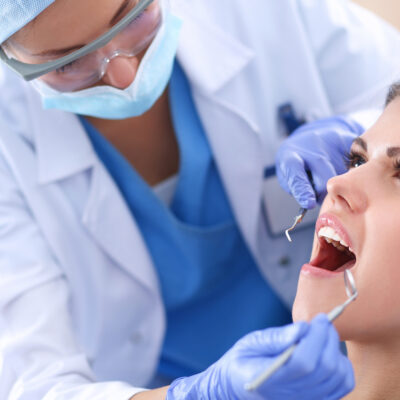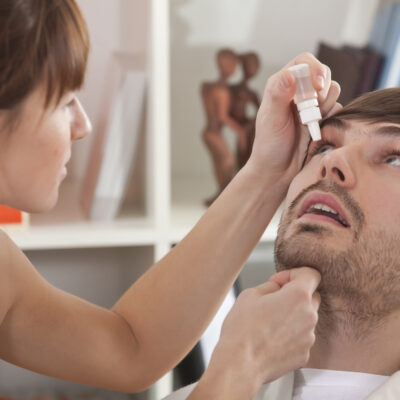
Effects of rosacea that one should be aware of
Skin ailments can leave behind a trail of the psychological problem among patients and if it affects the face, its effects on patients are more pronounced. A majority of people suffering from rosacea also suffer from problems at a very personal and an emotional level. Rosacea affects their self-confidence and crushes their self-esteem to the extent that they become introverts. They end up avoiding or reducing their interaction with others. A majority of rosacea patients do admit that effective medical treatment results in an improvement of their personal and social well-being. It nevertheless invades their daily lives and forces them to retreat into a shell, shying away from socializing. People suffering from rosacea experience higher levels of depression, stress, anxiety, and embarrassment compared to those not affected.
The psychological effects of rosacea can start at a very early stage, from the time visible symptoms start appearing. It is reported that many people with conclusive symptoms of rosacea wait for as long as 5 years before formally seeking treatment. A number of patients even take a break from medication, feeling embarrassed to visit clinics and when people in their family, friends and work circles come to know about it.
Patients assume that others perceive them as ugly because of their skin condition that includes prominent patches and rashes on the face and visible blood vessels. The inability to find a strategy to cope up, patients avoid contact with the outside world and restrict themselves to the confines of their homes. Young people who find employment prefer to live alone, rarely venturing out.
In addition to self-inflicted problems, there are several myths surrounding rosacea and people have wrong notions about patients suffering from it. Though alcohol can trigger rosacea outbreaks and stay away from it is highly recommended, others view rosacea patients as chronic alcoholics. In some places like restaurants, patients are wary, assuming that fellow diners view them as liquor addicts.
It is a fact that the psychological effects caused by rosacea can be acute, driving patients to anxiety. Compared to women, who are more prone to be affected by it, men experience more psychological problems. Unfortunately, the level of problems caused by the stigma associated with rosacea is not clearly known. If known, physicians can study its impact and chart down a better and more comprehensive treatment schedule. Though not a cure, psychological treatment can help improve the overall well-being of patients.
Patients are so scarred mentally that they are even afraid to blush. This fear becomes so deeply ingrained in them that they stop blushing once and for all. This affects children too as they develop a fear of blushing from a young age onwards. Apart from the fear of blushing, young people and older patients too are reluctant to seek psychological help for their problems.
Current medical practices allow only for limited exposure to patients with severe skin problems. Medical professionals are not usually prepared to deal with certain psychosocial issues associated with skin ailments. Lack of understanding on the part of the patient or the doctor can result in reluctance in exchange for information about the extent of stress caused by rosacea.


